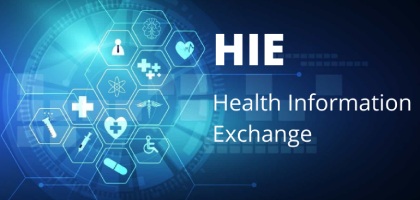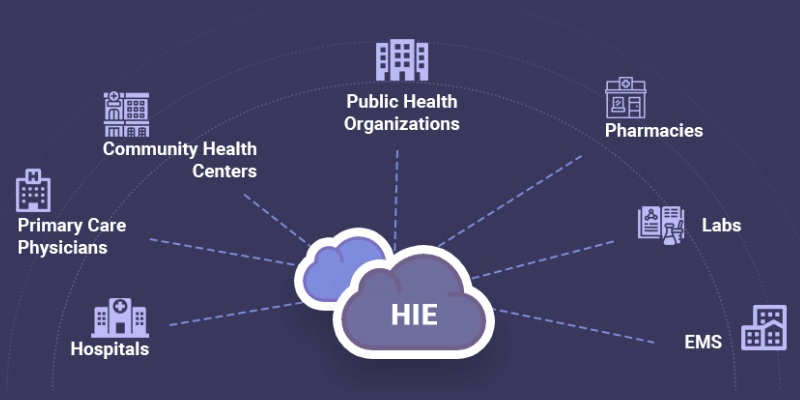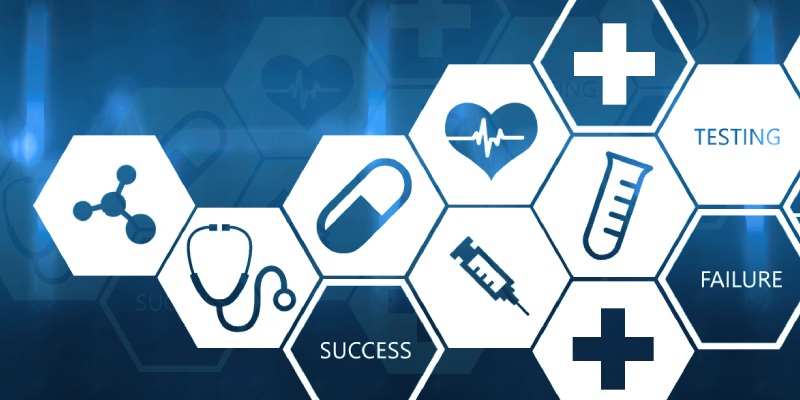
Insights
What Is HIE and What Are Its Advantages?
What Is HIE and What Are Its Advantages?
Electronic health information exchange (HIE), enables doctors, nurses, pharmacists, patients and all other healthcare providers to properly access and securely share important medical information of patients electronically. HIE also increases the speed, quality and safety of patient care while reducing costs.
Although secure data transfer is widely used, medical information of many people around the world is stored on paper. When medical information on paper kept in the registry folders of hospitals and patients' homes needs to be shared between healthcare providers, transactions are usually done by mail, fax or by the patient himself. Electronic health information exchange cannot replace healthcare provider-patient communication but can significantly improve the integrity of patient records. HIE provides review of patients' past records, current medications, and similar information.
Timely and appropriately shared critical patient information helps to make a much more accurate decision about which treatment should be applied, and provides healthcare providers with improve diagnoses, avoid medication errors, decrease duplicate testing, and avoid readmissions. Healthcare providers that can send patient information on paper without any problem can question why they should switch to the electronic health information exchange system. However, HIE’s medical benefits much more than transferring information. One of the most important benefits provided by the electronic health information exchange application is the standardization of data. When data becomes standardized, it can be perfectly integrated with the electronic health records (EHR) application of the receiver.
As an example, if the laboratory results are received electronically and the results are transferred to the healthcare provider's EHR application, a list of patients with diabetes can be created. Healthcare providers can also determine which patients are not under control and schedule the necessary follow-up examinations. Health information exchange application has 3 important forms. These forms are directed exchange, query-based exchange, and consumer mediated exchange.
Directed Exchange

Directed exchange healthcare providers send patient information such as laboratory results, patient referrals or discharge summaries directly to another healthcare professional easily and securely. This form allows it to be securely sent between healthcare professionals in encrypted form over the internet. This form of HIE benefits both healthcare providers and patients. In addition, the directed exchange is used to send immunization data to public health institutions or to send quality measurements to The Centers for Medicare & Medical Services (CMS).
Query-Based Exchange
Query-based exchange is used by healthcare providers to research and discover accessible clinical information on patients. These types of exchanges are often used when unplanned care is delivered. For example, doctors in the emergency room can use query-based exchanged application to access patient information. In this way, doctors can quickly and safely access information that will play a critical role in the treatment process, such as medications and x-rays of patient. Another example is that if a pregnant patient comes to the hospital, doctors can use the query-based exchange application to access the pregnancy records of the patient and help them make better decisions for the safety and health of the unborn baby and the mother.
Consumer-Mediated Exchange

Consumer-mediated exchange enables patients to access their own health information. Additionally, it allows patients to manage their healthcare and financial transfers online. With the consumer-mediated exchange, patients can actively participate in their own care coordination. For example, this app provides health information to other healthcare providers, detects and corrects incorrect health information, detects and corrects incorrect bills, and monitor and tracks health information.
In addition, you can get detailed information about the difference between population health and public health by reading our article titled Difference Between Population Health and Public Health See you on different topics.
Source: https://bit.ly/3wuiCvM









